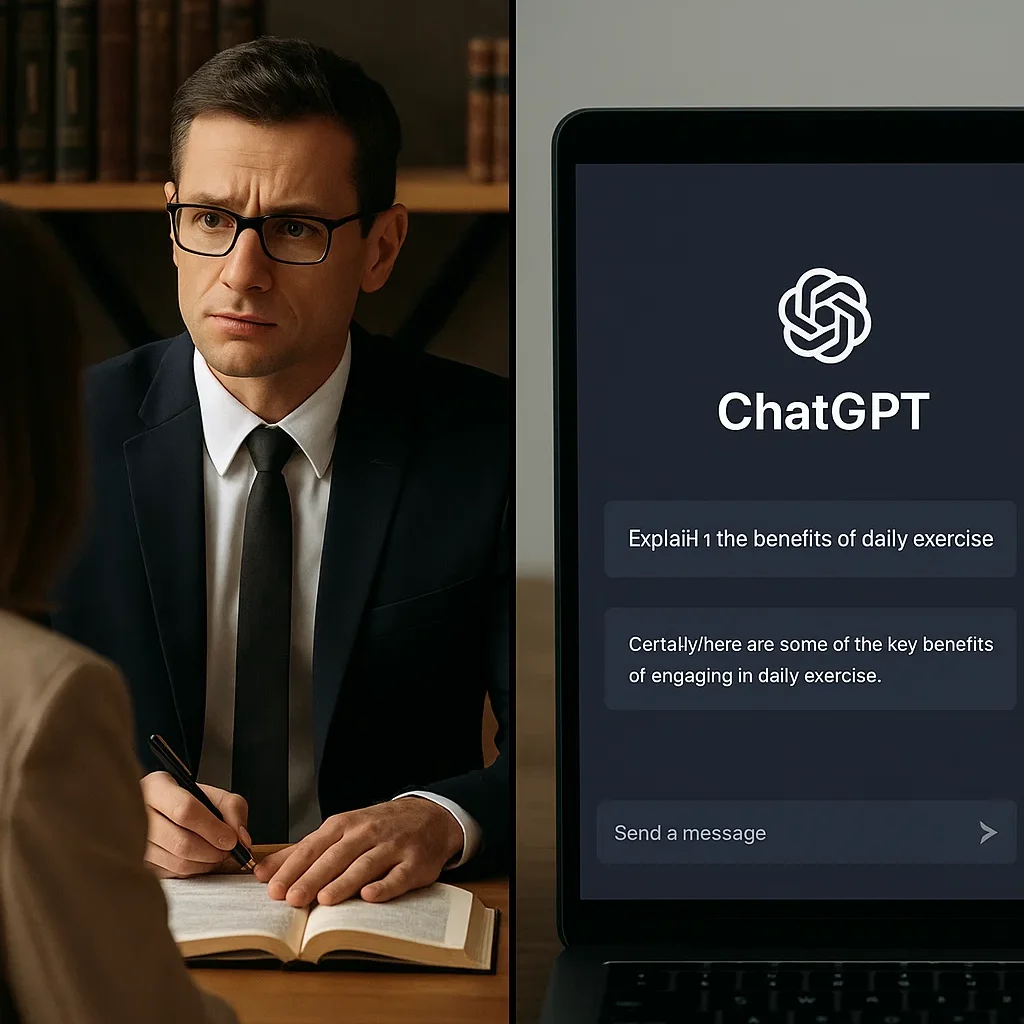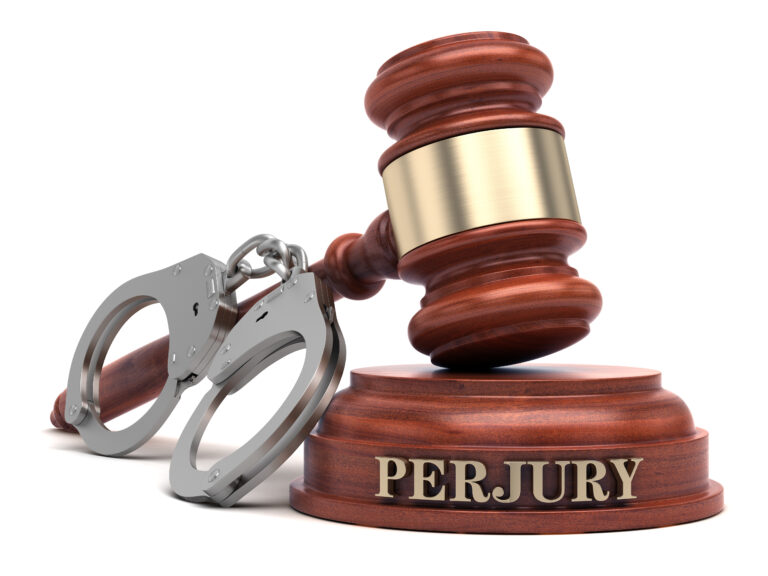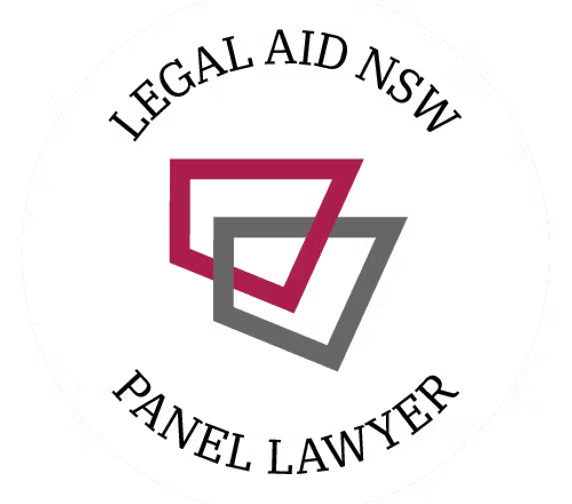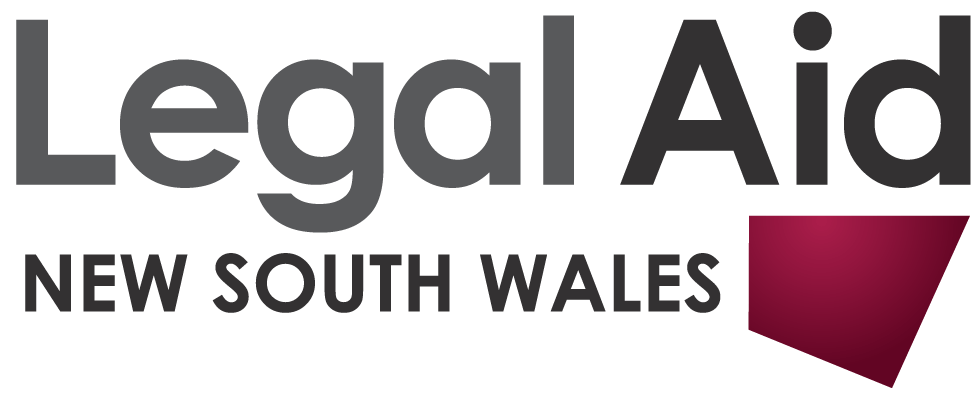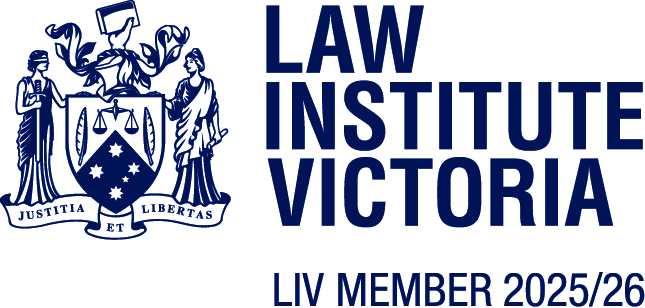In Victoria, Australia, legal professional privilege (LPP) is a vital protection that ensures the confidentiality of communications between a lawyer and their client. The principle of LPP is fundamental to the proper functioning of the legal system, as it encourages open and honest discussions between s and their clients. However, as technology advances, new challenges arise regarding the safeguarding of this privilege. One such challenge is the use of artificial intelligence (AI) tools, particularly platforms like ChatGPT, which may inadvertently result in the waiver of legal professional privilege. This article examines the legal framework surrounding LPP in Victoria, the risks associated with using AI tools like ChatGPT for legal advice, and the potential consequences of waiving this privilege.
Legal Professional Privilege in Victoria
Legal professional privilege in Victoria is governed by both common law and statutory provisions, particularly sections 118 and 119 of the Evidence Act 2008 (Vic). These provisions provide a statutory framework for LPP, ensuring that communications between a legal practitioner and a client made for the dominant purpose of obtaining or providing legal advice, or in relation to actual or anticipated litigation, are protected from disclosure. The privilege extends not only to direct communications with s but also to documents or other materials created for the purpose of seeking or providing legal advice.
In practical terms, legal professional privilege ensures that a client’s communications with their lawyer remain confidential, preventing the disclosure of sensitive information to third parties, including in a court of law. The rationale behind this is clear: clients must feel confident that they can communicate openly with their lawyer without fear of those communications being used against them in future legal proceedings. The privilege is a cornerstone of the adversarial system of justice, safeguarding both the fairness of legal proceedings and the integrity of the lawyer-client relationship.
The Role of AI in Legal Communication
As AI technology becomes increasingly integrated into everyday life, it has begun to permeate the legal profession. Platforms like ChatGPT are often used for general legal information, document drafting assistance, or even more advanced tasks such as summarising legal issues or suggesting strategies for case management. However, these tools present significant risks when it comes to protecting legal professional privilege.
While ChatGPT can assist with many tasks, it is important to understand that AI platforms are not designed to meet the confidentiality standards required of s. The data entered into such platforms may be stored, analysed, or used to train the AI’s underlying algorithms. In doing so, there is a potential risk that privileged communications could be inadvertently disclosed or accessed by unauthorized parties. This creates a significant dilemma for individuals and legal professionals relying on these platforms to assist with legal matters.
How Legal Professional Privilege Can Be Waived
Under Australian law, the waiver of legal professional privilege can occur in a variety of ways. A waiver may be explicit, where the client or legal practitioner voluntarily agrees to disclose privileged information. It can also occur implicitly, for example, when privileged material is shared with third parties without the requisite safeguards or confidentiality agreements in place. In the context of AI tools like ChatGPT, the latter scenario is of particular concern.
When a client communicates sensitive legal information via ChatGPT or other AI platforms, it may be treated as an implicit waiver of legal professional privilege. By sharing potentially privileged material with an external, non-legal entity (in this case, the AI platform), the client may risk losing the protection of LPP. This is because the communication may no longer be considered confidential if it is exposed to a third-party system, especially one that stores and processes the data for analytical purposes.
Even though AI platforms like ChatGPT do not typically have the capability to access or disclose the information in real-time, the very act of inputting sensitive details into these systems may be considered inconsistent with the principle of confidentiality. A court may view such an action as a waiver of privilege, particularly if the information is shared with the platform for the purpose of legal advice or assistance.
The Specific Risks of Using ChatGPT for Legal Advice
The use of ChatGPT for legal advice presents several specific risks to legal professional privilege in Victoria:
- Data Retention and Use: AI platforms, including ChatGPT, process vast amounts of data to improve their algorithms. While platforms like OpenAI (the developers behind ChatGPT) may have privacy policies in place, these platforms do not guarantee the same level of confidentiality as a . Data may be retained, stored, or used to train the AI system, which could result in privileged information being exposed to unauthorized parties.
- Lack of Client-Lawyer Relationship: Unlike a lawyer who is bound by professional ethics and confidentiality obligations under the Legal Profession Uniform Law (Victoria), AI platforms are not governed by the same rules. This lack of a formal client-lawyer relationship means that any advice given by an AI tool is not protected by the same legal safeguards, which increases the risk of inadvertent waiver of privilege.
- No Legal Advice Liability: ChatGPT or other AI platforms cannot provide qualified legal advice, as they are not subject to the same professional standards and regulations as s. In the event of a dispute, the information provided by an AI tool is not covered by the protections that apply to -client communications. This makes relying on AI for legal advice potentially problematic, as it may not only lead to the loss of privilege but could also result in incorrect or misleading advice.
- Inadvertent Disclosure: The more a user engages with an AI tool like ChatGPT, the greater the potential for inadvertent disclosure of privileged information. For example, if a user provides information related to an ongoing case or personal legal issues, the AI may generate responses that refer to or use that information in a way that could undermine the confidentiality of the communication.
Consequences of Waiving Legal Professional Privilege
The most significant consequence of waiving legal professional privilege is the potential for the privileged information to be used against the client in legal proceedings. In Victoria, once privilege is waived, it cannot be reinstated. This means that any information shared with an AI tool such as ChatGPT could be accessed or disclosed in ways that compromise the client’s legal position.
Moreover, if a client waives privilege by inadvertently sharing privileged information with an AI platform, the court may determine that such information can be used by the opposing party, thereby affecting the client’s ability to protect their legal interests. This could be particularly problematic in cases involving sensitive or high-stakes issues, where maintaining the confidentiality of communications is critical.
Best Practices for Protecting Legal Professional Privilege
To avoid waiving legal professional privilege inadvertently, both clients and legal professionals in Victoria should adhere to the following best practices:
- Limit AI Use to General Information: Clients should avoid using AI platforms for detailed legal queries or discussions related to specific legal matters. If general legal information is necessary, it should be kept at a broad level and devoid of any sensitive details that could lead to the loss of privilege.
- Consult a Legal Professional Directly: For matters requiring specific legal advice, clients should seek the assistance of a qualified lawyer. Legal professionals are bound by strict confidentiality rules and can provide advice with the assurance that privilege will be maintained.
- Understand the Risks: Clients should be fully aware of the risks involved in using AI tools for legal matters. Legal professionals should advise their clients against inputting sensitive information into AI platforms unless it is in the context of obtaining preliminary or general information.
- Ensure Data Protection: If AI tools are used for any purpose, clients should ensure that the platform adheres to robust data protection protocols. This may include reviewing the platform’s privacy policy to ensure that information is not retained or used beyond the specific request made.
The advent of AI tools like ChatGPT presents new challenges in maintaining the confidentiality of legal communications. In Victoria, Australia, legal professional privilege is a cornerstone of the legal system, ensuring that clients’ communications with their s are protected from disclosure. However, when clients engage with AI platforms for legal advice or assistance, they risk waiving this privilege, which could have serious implications for their case. It is essential for both legal professionals and clients to exercise caution and understand the potential risks of using AI in legal contexts. By adhering to best practices and seeking professional legal advice, clients can protect their legal rights and ensure that their communications remain privileged.
Need to speak with a lawyer?
Our experienced lawyers are here to help you understand your legal rights and options. Contact us for a confidential discussion about your situation.

